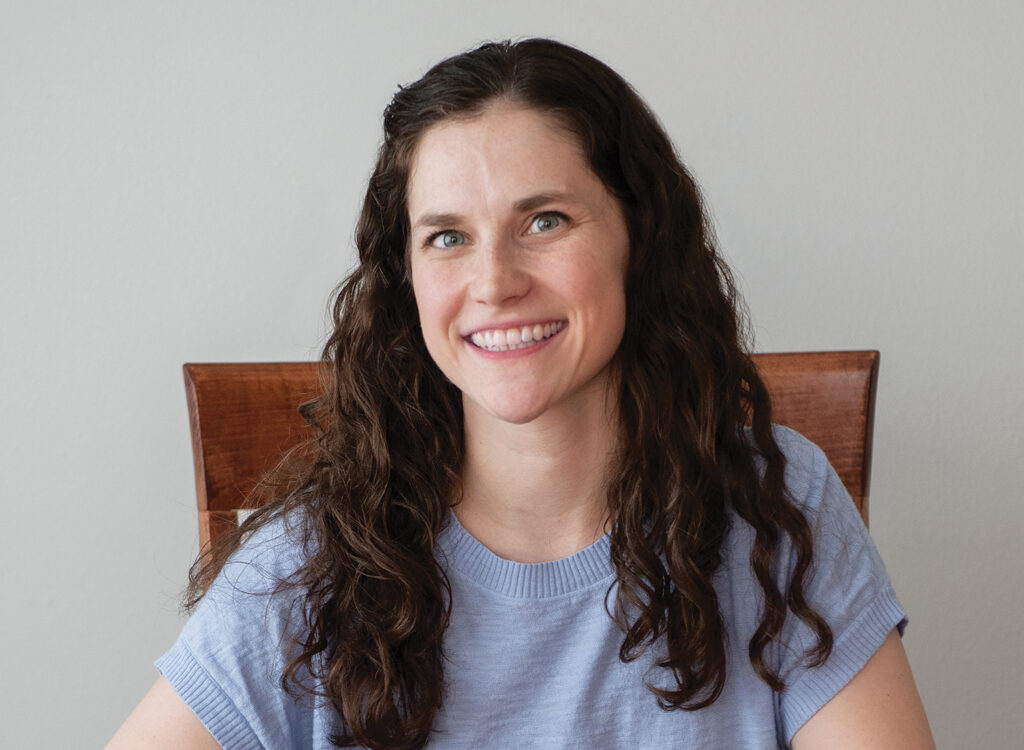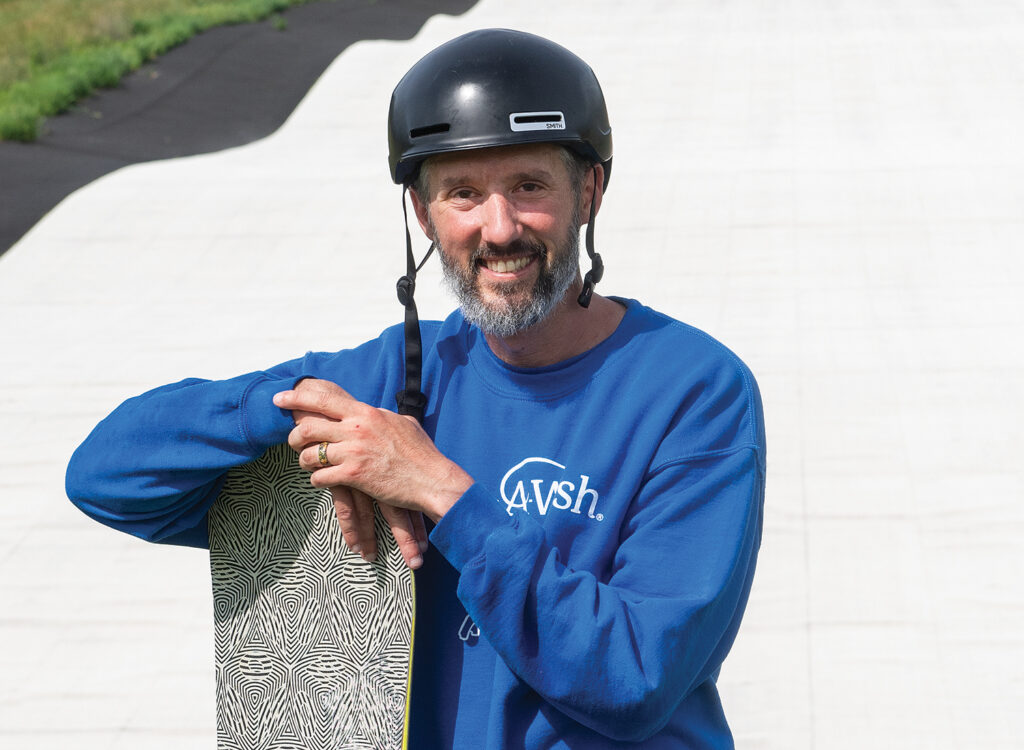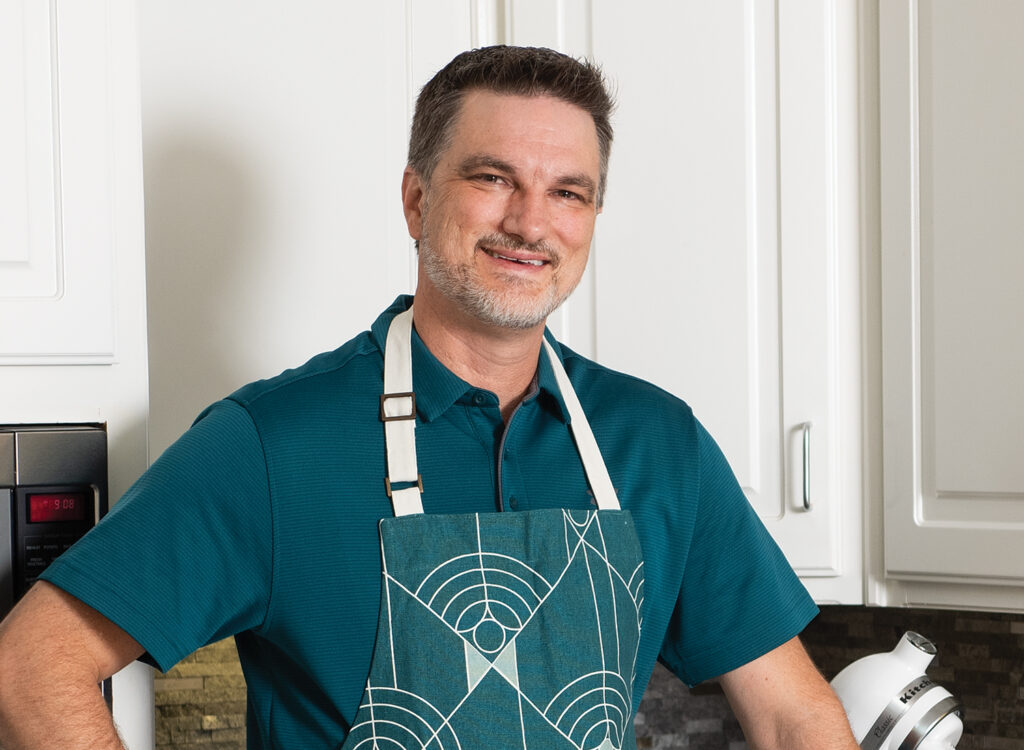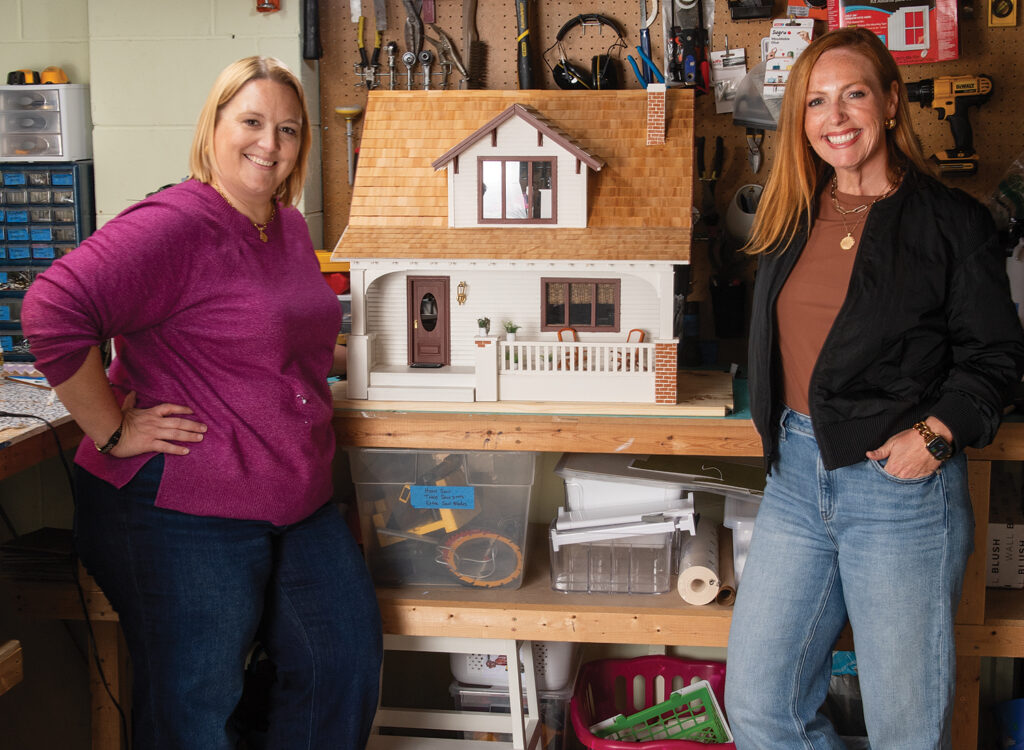A Closer Look: Nalo Johnson
President and CEO, Mid-Iowa Health Foundation

JOE GARDYASZ Mar 29, 2022 | 8:26 pm
5 min read time
1,231 wordsA Closer Look, Business Record Insider, Health and Wellness
Nalo Johnson says she’s been with Mid-Iowa Health Foundation long enough — since mid-November — that she’s gotten beyond the introductory phase and is “getting to the fun stuff now.”
Johnson, who has worked in community health leadership roles throughout her career, was most recently division director for health promotion and chronic disease prevention with the Iowa Department of Public Health. In that role, she oversaw a 100-member team across four bureaus and one office with a $100 million annual budget consisting of federal, state and philanthropic funds supporting programs ranging from maternal and child health to nutrition and physical activity, chronic disease prevention and management, disability and wellness, injury prevention, and oral health.
For Johnson, the “fun stuff” is applying a data-driven approach to identify health challenges within the community and developing meaningful interventions to address them, leveraging the funding raised by the foundation. She succeeds Suzanne Mineck, who led the foundation for more than a decade before departing to intentionally make room for a new leader for the grant-making organization.
In 2019, Johnson received national recognition for her work from the American Public Health Association, which presented her with the Henrik L. Blum Award for Excellence in Health Planning and Policy Development. The award recognized her leadership of the Johnson County Public Health process for the community health needs assessment, which she ensured represented broad community engagement.
How did you get started in the public health field?
My Ph.D. is in American studies, so my academic interest has always been around, how do we address community needs along the social determinants of health? … How are we able to bring folks together around a particular community health need in order to utilize everyone’s expertise and resources to address that need? … I met my husband while I was in graduate school and he was in dental school. By the time I graduated, having read all of the community health literature that came into our household, I knew very much that I had an interest in being in community health and being in the field as a practitioner.
Tell me about the American Public Health Association award you received in 2019.
I’m very, very proud of that award. That was for our work on our Community Health Needs Assessment, which is something that every health department is required to do at least every five years. A lot of health departments then align with their local health systems, who are on a three-year CHNA rotation. So that’s a strong partnership to be able to have them aligned. … Oftentimes, what you would see is folks will hold a couple of focus groups or have a communitywide survey, but not ensure that that survey was truly representative of the community. And we really wanted to move past that to say, how can we make this truly representative of the entire Johnson County community? … When we looked at the previous assessment, it was very clear the survey data collection was almost 85% middle-aged, middle-income white women in Iowa City. [Working with a team of 13 public health students, the department widely deployed a communitywide survey at a number of public venues to ensure that a wide range of community members were represented. Evidence-based, scientifically validated data collection methods were used.]
How do you see the opportunities or resources available to you in heading up a nonprofit foundation focused on health?
Why I felt equipped to even consider myself in this role is because I feel very strongly, based on how the foundation articulates its strategic vision and mission and approaches to its work, it’s really a public health framework. So it is very easy for me to see my point of view and my skill set and expertise as transferable to meet the needs of the organization. The way in which I view our work is to be data-driven in understanding where the needs exist, to look at those kind of interventions that are evidence-based or showing promising practices, so that we have a sense around what impact we can get from making an investment.
What are some of the mainstay areas of the foundation that you see continuing under your leadership?
I’ve spent most of my time these last three months doing that review of what has been the granting portfolio, what has been the priorities previously so I can get a grounding and understanding of what the trajectory of the foundation has been. And I would say based on that review, we have an emphasis around our systems change initiatives. So thinking about not just individual health outcomes, but at a population health level, … I think another area of emphasis would be the support for communitywide type of training around some of these key social determinants of health issues, and how we can raise that conversation around things like a health equity framework, for example. … Also thinking intentionally about ethnic-based community-based organizations, such as what we saw through the Disaster Recovery Fund, who may need additional resources in order to address needs within those communities that don’t necessarily have the same kind of familiarity with our traditional funding sources.
Did you cross paths with Suzanne Mineck earlier in your career?
My first introduction to Suzanne and the organization was as a funder. While I was at IDPH in my former role as division director of health promotion and chronic disease prevention, we stood up a new program offering community-based, culturally congruent doula services for African American women in our Title V program. This is part of the goal of reducing the state’s maternal health disparities that exist. I’m not certain who put me in touch with Suzanne, but I was very fortunate to have Mid-Iowa Health Foundation be a funder of that project. I’m excited now to be in this role and support that work through the foundation as well. It is big shoes to fill, that’s for sure. I am so grateful for Suzanne’s leadership and for the work of the foundation and the reputation they have within the community.
To borrow a favorite question we ask for Forty Under 40, what’s one word that describes you?
Speaking of Forty Under 40, I was a Forty for the Corridor Business Journal in 2019. When I was interviewing for this job, I looked back at my profile, and one of the questions they asked was, “If you had a million dollars, what would you do with it?” And my response was something to the extent of, I would start a foundation committed to addressing health equity issues around a broad spectrum of social determinants of health. … So the fact that now, two years later, I have an opportunity to lead a foundation that is committed to addressing the social determinants of health and using a health equity lens, I like there are stars aligning in the world.
What kinds of hobbies or outside activities do you enjoy when you’re not working?
Well, I spent the last two years “pandemicking” for IDPH — so 16-hour days supporting our programs did not leave a lot of time for hobbies. But I just love spending time with my kids in my free time, whether that’s doing board games or bike rides or volunteering — just having time with them is definitely what floats my boat.











